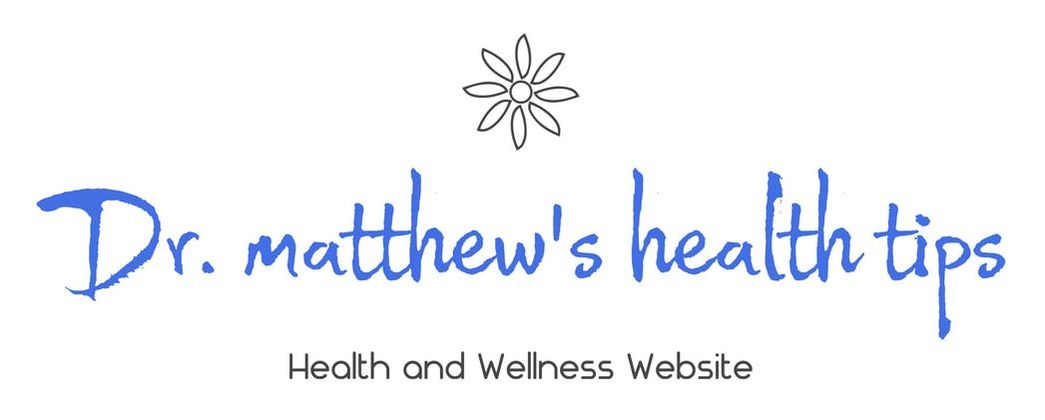|
Stress is how the brain and body respond to any demand. Every type of demand or stressor such as exercise, work, school, major life changes, or traumatic events, can be stressful. Some stress can be beneficial at times; it can provide the drive and energy needed to help people get through situations like exams or work deadlines. Stress can also be life saving in some situations. For example, in response to danger, our bodies react by releasing stress hormones (adrenaline and cortisol) into the blood, which helps us prepare to face a threat or flee to safety.
However, if someone experiences an extreme amount of stress or when the source of stress is constant, then health problems could develop. Untreated chronic stress can result in serious health conditions including, high blood pressure, heart disease, obesity and a weakened immune system. Stress can also contribute to the development of other major illnesses, such as anxiety and depression. It is important to tackle the causes of stress in your life if you can. Avoiding the problems rather than facing them can make things worse. Sometimes it may not be possible to change a stressful situation, so you may need to accept that there is nothing you can do about it and refocus your energies elsewhere. CAUSES Some common causes of stress include:
SYMPTOMS OF STRESS You may feel: Overwhelmed, irritable, anxious or fearful, tired all the time, depressed You may have: Racing thoughts, constant worrying, difficulty concentrating, difficulty making decisions You may experience: Headaches, muscle tension or pain, dizziness, sleep problems You may begin to:
STRESS MANAGEMENT By finding positive, healthy ways to manage stress as it occurs, many of the negative health consequences can be reduced. Below are a few tips to help you manage and reduce stress. Tip#1: Talk with family and friends, and ask for help. Keep in contact with friends and family. A daily dose of friendship is great medicine and talking with someone who cares may be helpful. Also, do not be afraid to ask for help from your spouse, friends, and family. Tip#2: Engage in daily physical activity Regular physical activity can improve your mood and relieve physical tension. Physically active adults have lower risk of depression and loss of mental functioning. It can also be a great source of pleasure too; try walking, swimming, biking or dancing every day. Tip#3: Get enough sleep Inadequate or poor quality sleep can negatively affect your mood, mental alertness, energy level, and physical health. Try to get at least six hours of sleep each night. Tip#4: Slow down and get organized
Tip#5: Give up bad habits Too much alcohol, cigarettes or caffeine can increase your blood pressure. If you smoke, you should make the decision to quit. If you do drink alcohol, do so in moderation. Also, try to maintain a healthy diet. Tip#6: Try not to worry Accept that there are some things that are out of your control, and that you can only do so much about a particular situation. Also, the world won't end if you do not get certain things done as planned, so try not to overthink too much. Tip#7: Learn relaxation techniques Doing things you enjoy is a natural way to relieve stress.
Tip#8: Practice Positive Self-talk Negative self-talk increases stress, while Positive self-talk can help you to calm down and control stress. Practice positive self-talk everyday. For example: Negative to Positive
Tip#9: Try Emergency stress stoppers These are actions to help you defuse stress in the moment. Here are some examples.
Tip#10: Psychological Therapy If you've tried “self-help techniques” and they are not working, or if you have suicidal thoughts, are overwhelmed or are using drugs or alcohol to cope, then you may benefit from psychological therapies like cognitive behavioral therapy (CBT). See a health care provider who may be able to provide a recommendation you. . I hope that these tips on STRESS MANAGEMENT were helpful; Remember, YOUR HEALTH IS INVALUABLE. By Dr. J. Lawarna Matthew Acknowledgements: American Heart Association National Institute of Mental Health Stress Management Society Visit http://www.stress.org.uk/ for more information
0 Comments
Leave a Reply. |
AuthorDr. J. Lawarna Matthew Archives
January 2021
Categories |
 RSS Feed
RSS Feed
